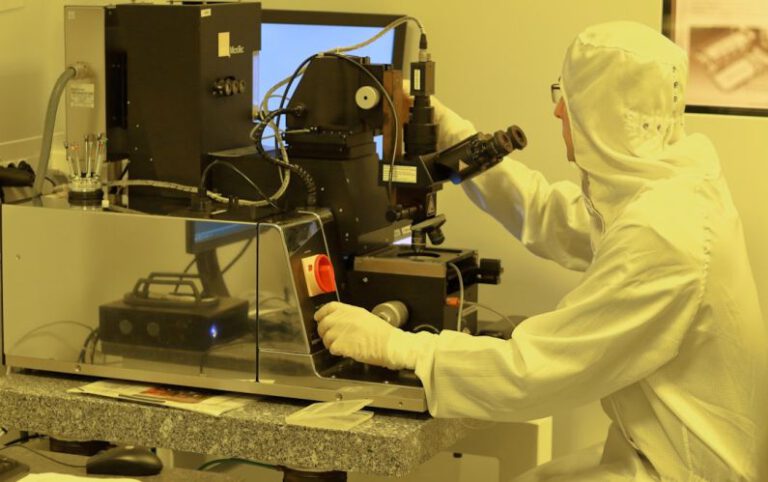What Are the Ethical Considerations of Human Cloning?
Human cloning, a topic that has long captivated the imagination of science fiction enthusiasts and sparked ethical debates among experts in various fields. The concept of creating genetically identical copies of individuals raises a plethora of ethical considerations that delve into the core of what it means to be human. As scientific advancements continue to push the boundaries of what is possible, it becomes imperative to explore the ethical implications of human cloning in depth.
**The Sanctity of Life**
One of the primary ethical considerations surrounding human cloning is the sanctity of life. Cloning involves manipulating the natural process of reproduction to create a new life, raising questions about the moral implications of playing “creator.” Critics argue that cloning undermines the uniqueness and value of each individual life, reducing human beings to mere commodities that can be replicated at will. The ethical dilemma lies in whether we have the right to manipulate the fundamental building blocks of life for our own purposes.
**Identity and Individuality**
Another ethical concern related to human cloning is the impact on individual identity. Cloning raises the possibility of creating individuals who are genetic replicas of existing persons, blurring the lines between nature and nurture. This raises questions about the essence of individuality and the role of genetics in shaping who we are as human beings. Cloned individuals may grapple with issues of autonomy, self-identity, and the right to forge their own path in a world where their genetic blueprint may already determine their future.
**Family Dynamics and Relationships**
Human cloning also poses challenges to traditional family dynamics and relationships. Cloned individuals may face unique challenges in establishing their sense of belonging within their families and society at large. Questions arise about how cloned individuals would fit into existing family structures, how they would be perceived by their biological counterparts, and whether they would be treated as equals or as anomalies. The ethical considerations extend beyond the cloned individual to encompass the impact on family members and the broader social fabric.
**Genetic Diversity and Evolution**
A critical ethical consideration of human cloning is its potential impact on genetic diversity and evolution. Cloning could lead to a narrowing of genetic variation within the human population, potentially increasing the risk of genetic disorders and reducing the resilience of the species as a whole. Furthermore, cloning may disrupt the natural process of evolution by artificially selecting desirable traits and characteristics, raising concerns about the long-term consequences for the genetic diversity of the human race.
**Medical and Scientific Progress**
Despite the ethical concerns surrounding human cloning, proponents argue that it holds the promise of significant medical and scientific advancements. Cloning technology could potentially be used to produce genetically identical tissues or organs for transplantation, paving the way for personalized medicine and improved treatment options for patients in need. The ethical challenge lies in balancing the potential benefits of cloning with the moral implications of manipulating human life for instrumental purposes.
**Ethical Oversight and Regulation**
In light of the complex ethical considerations of human cloning, the need for robust ethical oversight and regulation becomes paramount. It is essential to establish clear ethical guidelines and legal frameworks to govern the responsible use of cloning technology and ensure that ethical principles are upheld in scientific research and medical practice. Ethical oversight mechanisms should involve a diverse range of stakeholders, including scientists, ethicists, policymakers, and the general public, to ensure that the ethical implications of human cloning are carefully considered and addressed.
**In Conclusion: Navigating the Ethical Landscape of Human Cloning**
As we navigate the ethical landscape of human cloning, it is essential to approach this complex issue with nuance, empathy, and a deep understanding of the moral implications at stake. The ethical considerations of human cloning touch upon fundamental aspects of what it means to be human, challenging us to reflect on our values, beliefs, and responsibilities towards future generations. By engaging in thoughtful dialogue, ethical deliberation, and informed decision-making, we can navigate the complexities of human cloning with wisdom and compassion, striving to uphold the dignity and integrity of human life in all its forms.






